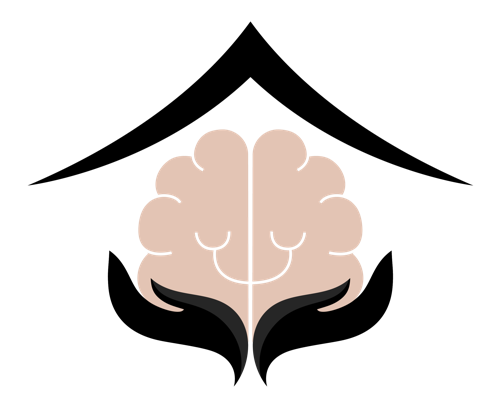Attention Deficit Hyperactivity Disorder (ADHD) and depression can often go hand in hand. When one condition is present, the other is likely to follow. Many studies have found a strong connection between the two conditions, but we still don’t know much about how they interact. Let’s take a closer look at how these two disorders are linked.
What Is ADHD?
ADHD is a mental health disorder that affects millions of children and adults worldwide. It’s characterized by difficulty focusing, impulsive behavior, restlessness, and hyperactivity. People with ADHD often struggle to manage their emotions and focus on tasks for long periods. They may also have difficulty regulating their energy levels throughout the day, which can lead to feelings of exhaustion or irritability.

What Is Depression?
Depression is one of the most common mental health disorders in the world. It’s characterized by sadness, hopelessness, worthlessness, and guilt. People who suffer from depression may have difficulty concentrating on tasks or activities they used to enjoy due to a lack of motivation or interest. Other symptoms include changes in sleep patterns, appetite changes, loss of energy, and trouble thinking clearly or making decisions.
The Link Between ADHD and Depression
While it’s not clear what causes the link between ADHD and depression, research suggests that people with ADHD may be more likely to experience depressive symptoms due to their impulsivity or difficulty managing emotions. This can lead to feelings of inadequacy or self-doubt when confronted with challenging situations—such as schoolwork—which can compound over time if left unaddressed. Additionally, people with ADHD may be more likely to experience issues such as family conflict or bullying which can contribute to feelings of isolation or helplessness that can increase the risk of depression over time.
It’s essential to recognize that ADHD and depression are both highly treatable conditions that should not be ignored if you’re experiencing them (or if you know someone who is). If you think you might be suffering from either one (or both), it’s essential to seek professional help to get on the path toward better mental health! While it’s true that there is still much we don’t know about how these two conditions interact with each other, understanding the potential link between them is an important first step in understanding your own mental health needs better so you can get help if needed!



